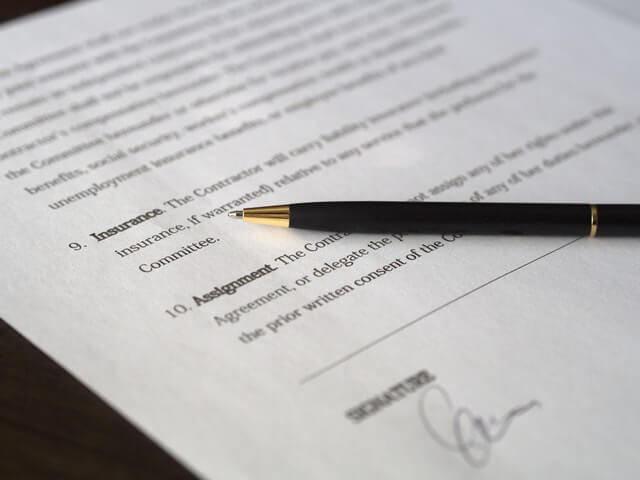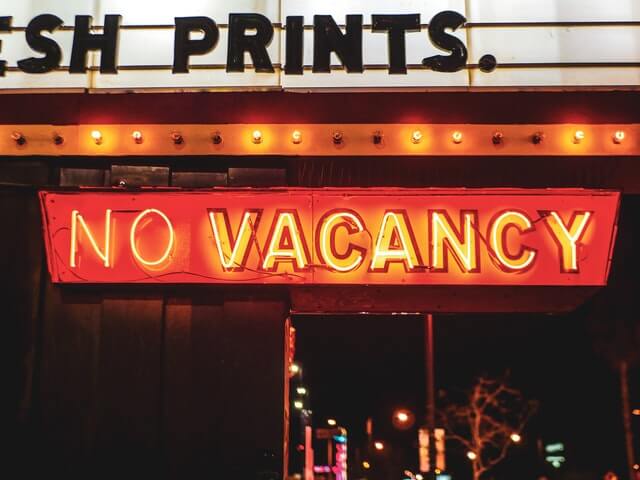A lease agreement is a legal contract between a tenant who will rent a property and the landlord who offered the property for rent. Lease agreements have varying content depending on what the landlord prefers but are regulated by federal and state housing laws. So, even though landlords have control over what their leasing agreement will stipulate, the law has placed safeguards to prevent them from entering contracts that would only benefit them but be detrimental to tenants.
One of the main contents of a lease agreement is the lease term, which is the amount of time a tenant is expected to stay in the rental unit. During the lease term, both the tenant and landlord must follow the stipulations on the lease agreement. Violations of the agreement would have specific consequences and may lead to the termination of the lease, often causing conflict between both parties. On the other hand, both parties may decide to extend the lease term and renew the contract. A lease extension is a sign that both parties are satisfied with the leasing arrangements.

A landlord may choose a month-to-month lease or a year-long lease. Both kinds of lease terms have their advantages and disadvantages, so a landlord may weigh the two options to know which one is suited for their needs and goals.
Benefits
A month-to-month lease (a.k.a. month-by-month lease or month-to-month rental) may be beneficial for a landlord because it offers more flexibility. After all, they will not be forced to keep renting to a tenant if the latter becomes difficult to deal with. They only need to send adequate notice based on what state laws require. It would also be easier for landlords to raise rent rates or update lease stipulations.
It may be a good option for landlords who are new in the business and are still figuring what leasing arrangement works best for them and their property management style. This may be a better option for landlords if they are located in states that tend to decide in favor of tenants during legal disputes.

When a rental agent publishes a listing on Padleads for a property that offers this kind of lease term, it could easily attract tenants who have not yet achieved enough financial stability to be eligible for a long-term lease (e.g., young professionals). It can work for the landlord’s advantage because these tenants may be more determined to avoid lease violations to build their credibility as good tenants so that it would be easier for them to apply for long-term tenancies in the future.
On the other hand, a year-long lease is beneficial to a landlord who wants a steady income flow because tenants will pay continuos monthly rent for an entire year. It will save the landlord from spending on costly turnover routines because, in theory, when a lease starts, it means that there is no need to find a new tenant in the next year.
Many tenants also tend to be more attracted to properties that offer a year-long lease because it protects them from sudden rent increases or getting asked to vacate on such short notice. It will ensure that they will have a home for a year, provided that they do not commit any serious lease violations.

Disadvantages
The lack of permanence and stability of income is one downside of a month-to-month lease. Landlords seeking long-term tenants have a higher risk of easily losing a good tenant in this kind of lease term, compared to if they are committed to a year-long contract.
The downside of a year-long lease to landlords, on the other hand, is that it would difficult for them to rid themselves of a problem tenant because they would have to wait longer before the lease ends. If they decide to go through a legal eviction process, it will be time-consuming and expensive because the lease term is longer.

No Perfect Choice
Choosing between the two kinds of lease terms cannot be considered as a choice between bad or good because both choices have both pros and cons. If a landlord is concerned about keeping good tenants, the lease term is not a crucial factor in their decision to renew their lease. If they are satisfied with their stay in the property, they will renew the lease regardless if it is month-to-month or year-long.
When deciding between offering a month-to-month and year-long lease, the landlord must base it on his capacity to take and manage the risks in terms of income security, tolerance for bad tenants, and willingness to conduct turnover routines.